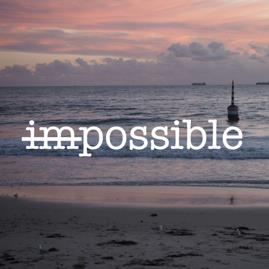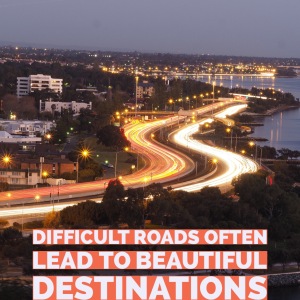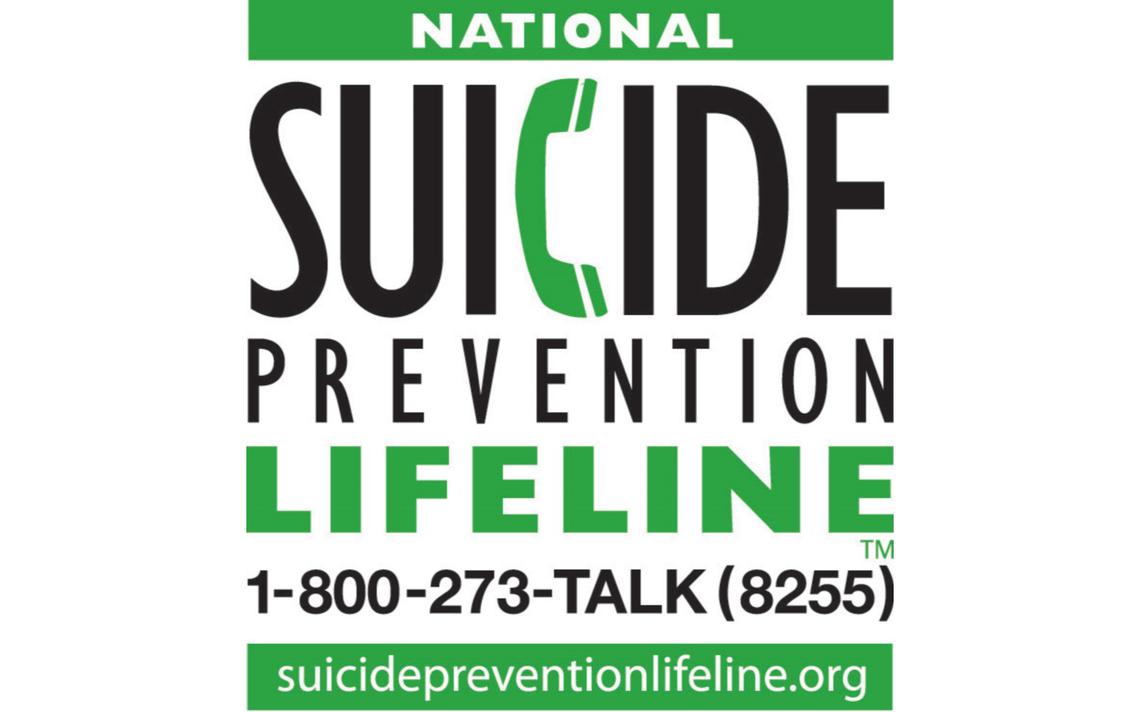Recreation and mental health. We all know that becoming active in the community is important in improving our mental health. But what happens when you feel too depressed to get out to see existing friends and networks? What happens even if you have no strong friendships and networks to begin with? Have you ever considered starting your own network?
After battling my own mental health, which included a diagnosis of bi-polar disorder and a suicide attempt, it took me five years to reach a point where I felt I recovered from my worst battles. However, despite the many friends and networks I made in this period through following my passions of photography, Motorsport, tennis, cycling, and volunteering, I still had an idea to create a network for mental health people to join together and battle their illness together. The idea I had was this group was to be proactive. Rather just sitting and talking about the issues we faced I wanted to be doing something recreational just as a matter of distraction and as an enabler to encourage us to grow and develop further as people.
In June 2016 I did just that and founded the Perth Active Depression Support Group. It’s a clunky name I admit, but I wanted to promote being active and being about mental health, hence why I went for the long name. The group started on meetup and before my first event, which was 10 days after I established myself on Meetup, I had 100 members sign up. I’ve grown the group to just under 600 member members in 8 months and now host a variety of meetups across the Perth community. I now have a team of volunteer interns that help me to grow and run more events, and I’m in the process of incorporating the group as a not for profit organisation.
The purpose of this guest blog post is to outline how I grew this group so quickly and to inspire you to do the same if you have a similar passion like me to improve your, and other peoples, mental health. It’s hard to keep this concise as there is a lot to pass on, but if you feel like you want to reach out to me for tips I encourage you to email me on perthadsg@icloud.com or get in touch on social media.
 Utilise the resources you have available to get started
Utilise the resources you have available to get started
There are many resources you can start to establish your group that are available now for use. It costs nothing to establish a Facebook page or an account on Instagram, Twitter, and other various social media. Learning to market your group is going to be a critical issue in developing the following for a group.
One clever tip I learned was to repackage Instagram posts into my own unique style. There are hundreds of motivational and mental health accounts on Instagram and they provide plenty of material you can use for your own account. Rather than re-posting their posts (which is stealing in my opinion), what I do is copy the quotes they post, which are often generic and not attributable to a person, and mix them into my own photos. I have learned to use apps like Adobe Spark (free) and other word art photo apps to make unique looking graphics with textures and imagery that are eye catching. It’s the equivalent of music artists sampling old artist’s songs and turning them into a new style.
One paid network that you should tap into however is Meetup. Meetup is the basis of my group and one of the best ways to find new members and manage RSVPs as they have optimised their search engine results to be found at top of google rankings when you search for support groups online. It’s more effective than Facebook events and doesn’t cost too much (I pay $15 AUD per month) to run.
 Tap into existing community resources
Tap into existing community resources
Once you have your meetup group running and have done some marketing on social media, the next step is to spread the word in the community. While social media is great, there is simply no substitute for in-person networking. Local government councils and entrepreneurial co-working spaces are a great source of meeting people to take your idea to the next level.
One of the greatest resources I tapped into for my group was a local Neighbourhood Soup event, which is a community dinner where people pay $10 for soup & bread and get to hear three great community projects pitch their ideas on how to improve the community. I won the soup event, which gave me $890 to purchase a bunch of board games to run a monthly board games night for the group. Yes, the money was incredible, but what was even better were the people I connected to that evening. I met people from the local council as well as local businesses and other significant people in the community that helped me to grow my project. No amount of money could substitute that good will.
After pitching at the soup event I connected with other like-minded organisations that could assist my cause. Some of the examples included Act Belong Commit, an advertising campaign promoting mental health in Western Australia, the Consumers of Mental Health WA, a mental health advocacy body, and Connect Groups WA, a support group with the purpose of helping develop other support groups. I hope you as a reader have access to resources like this in your local community. If you do, take action to connect with them in person.
 Link in with other mental health services
Link in with other mental health services
One thing I have come to learn about the mental health sector is that amongst organisations that are all competing for funding, there is a great sense of cooperation amongst groups. Since starting my group I have met with many players in the industry that are interested in the ideas I have and telling their client bases about what we are doing. Linking in with established mental health providers, particularly ones that are tied to servicing clients on an individual basis, will help to grow your cause and provide a basis of clients you need to sustain activities.
Be patient
Take your time to develop your group. When I started I didn’t have an idea of where I would run it in terms of geographical area. When I won the Soup event, I decided to base the activities in the local area that the Soup serviced. This was in part due to the connections I made on that night, and this area is very central in Perth, catering to people living both in the north and the south. As I now have a base that I can rely upon, I can look to spreading the activities to other areas in the Perth community, but this too will take time. You can’t service everyone at the start, but if you grow with careful planning and good people around you, there is an ability to spread your cause.
 Keep persisting
Keep persisting
There will be a few bumps that you will feel when starting your group. If your group is predominantly online based to start like mine was, you will notice this straight away. One problem I had was people would RSVP and not show up. This was down to many reasons, from people forgetting about their RSVP to people being too affected by their mental health to come. Don’t take this personally. Instead, keep informing, persuading and reminding people of what you are trying to achieve. You will have some fantastic experiences on some days, quiet moments on others. Just don’t give up at the start.
Be creative
The final tip: do things you are interested in. If you like swimming in a pool, host a meetup at a public pool. If you like walks, take people for a walk. If you like board games, host a board games night. Your passion will show in the meetups you do. I recommend doing a mix of recurring and non-recurring meetups for your members to provide a mix of consistency and reliability respectively.
Conclusion
Well, I hope I inspire you to create a group like mine in your local neighbourhood. It’s a very entrepreneurial thing to do and such a rewarding experience. Below are links to my groups social media. If you ever feel like getting in touch, please email me at perthadsg@icloud.com or on the social media links below.
Meetup
Facebook
Instagram
Twitter
About the author
Rahul Seth is a qualified member of Chartered Accountants Australia and New Zealand, but has recently switched career paths from working as an accountant into working in the mental health industry. A long-standing volunteer with TEDxPerth, Rahul enjoys Formula 1, tennis, cycling and photography. Rahul is the founder of the Perth Active Depression Support Group, a group he founded that now has a member base of 600 people in 8 months, that promotes and runs various recreational activities to improve the mental health of its members.

